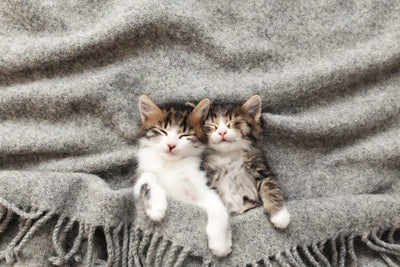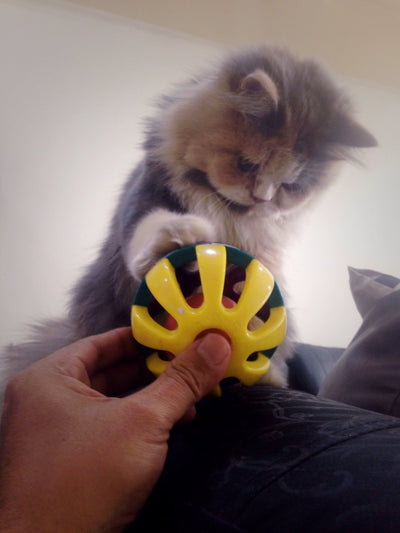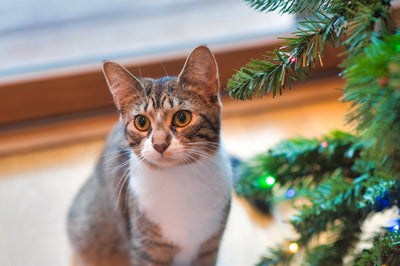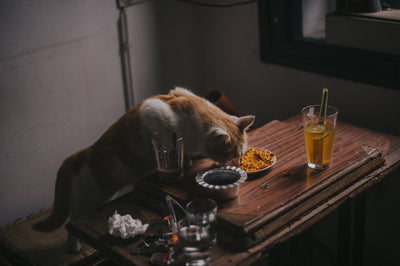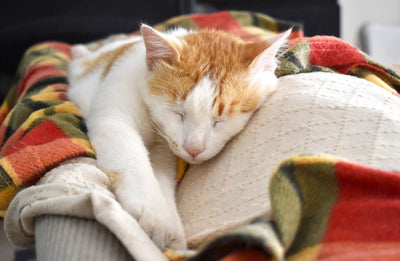The Best Cat Litter : A Comprehensive Guide

Discover the purr-fect litter for your feline friend: A comprehensive guide to clumping, non-clumping, natural and specialty cat litters
Clumping Cat Litter

Pros |
Cons |
Easier to scoop and dispose of waste |
More expensive than conventional clay litter |
Less odor control is needed as clumps can be removed and disposed of |
Dustier than other types of litter |
Less litter is needed as it lasts longer than traditional clay litter |
Some cats may be allergic to the ingredients in clumping litter |
Less tracking of litter around the house as it is less likely to stick to the cat's paws |
Inhaling the dust can harm humans and cats, especially those with respiratory issues. |
Non-Clumping Litter

Pros |
Cons |
Less expensive than clumping litter |
Not as easy to scoop and dispose of waste |
Less dusty |
More odor management may be needed |
Fewer cats may be allergic to the ingredients |
More litter may be needed |
Less likely to be harmful to humans and cats with respiratory issues |
More tracking around the house may occur |
Natural Litter

Pros |
Cons |
Made from natural, renewable resources (e.g., corn, wheat, pine) |
More expensive than traditional clay litter |
Biodegradable and compostable |
Some litters may not clump as well as clay-based litters |
Low dust and minimal tracking |
Some cats may be allergic to the ingredients in a natural litter |
Less likely to cause respiratory issues for cats and humans |
Some litters may not have the same odor control as clay-based litters |
Specialty Litters
Pros |
Cons |
It may be specifically formulated for specific needs (e.g., odor control, clumping ability, low dust) |
More expensive than traditional clay litters |
It may be made from more eco-friendly materials (e.g., recycled paper, coconut shells) |
Some cats may be allergic to the ingredients in specialty litter |
It may be more effective at controlling odors or clumping than traditional litter. |
Some specialty litters may not be as widely available as traditional litter |
Some may not be flushable or biodegradable and should be disposed of carefully |
Pros and Cons of Different Types of Cat Litters
Type of Litter |
Pros |
Cons |
Clumping Litter |
Easy to maintain, effective at controlling odors |
More expensive, not biodegradable |
Non-Clumping Litter |
Less expensive |
Difficult to maintain, not as effective at controlling odors |
Natural Litter |
Biodegradable, low dust, effective at controlling odors |
More expensive, some cats may be allergic to scents |
Specialty Litter |
Designed for specific needs, effective at controlling odors |
More expensive |
Choosing the Best Cat Litter for Your Feline Friend


































































































































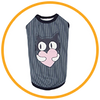




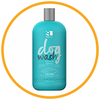


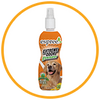
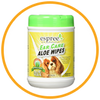
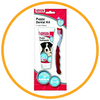
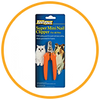

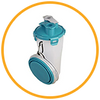


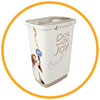
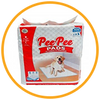
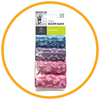
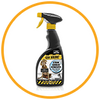
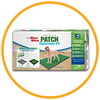
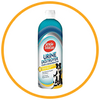
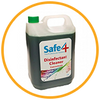
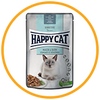
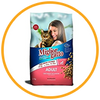
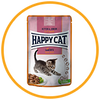
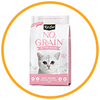
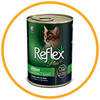

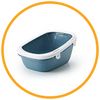
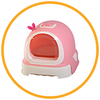
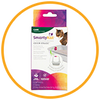
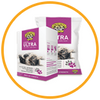



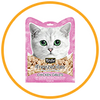
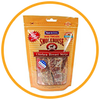
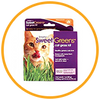
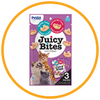
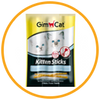





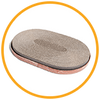

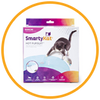

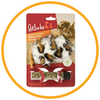

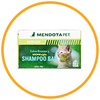

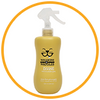
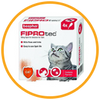
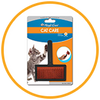


 Support
Support
 Account
Account Facebook
Facebook